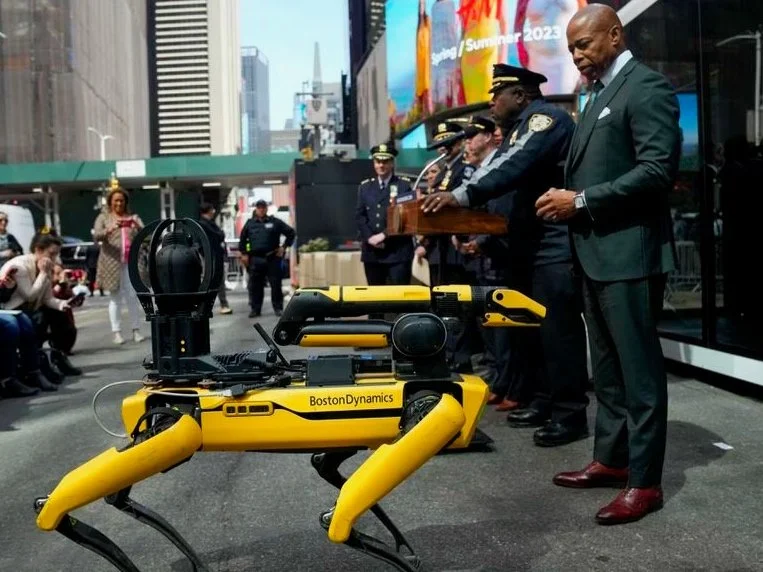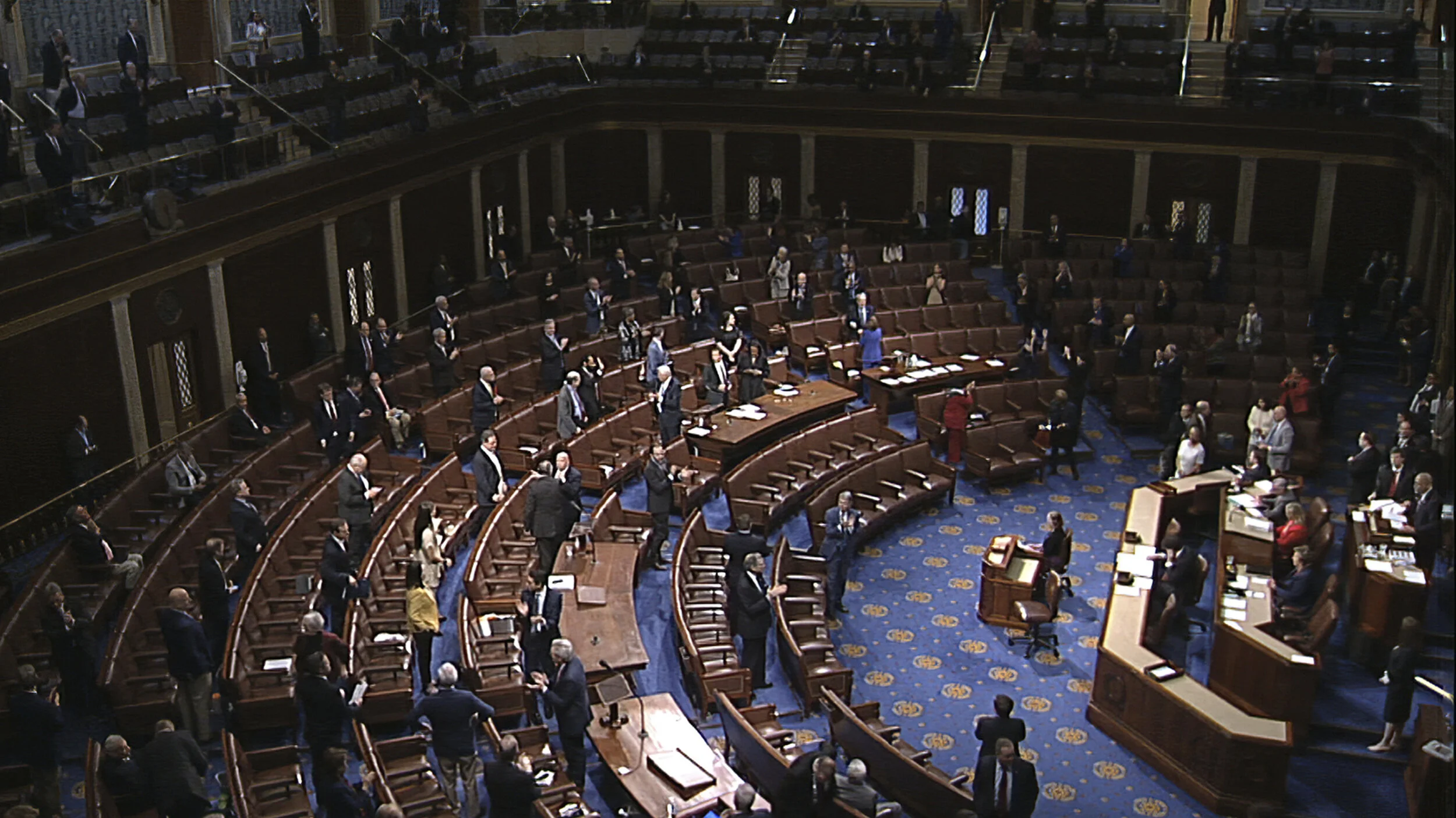One of the big campaign promises Joe Biden made last summer as Americans took to the streets to demand racial justice was policing reform. He had to walk a careful line between activists who wanted to defund the police and many others who wanted to make more modest adjustments to police policies. Now, caught in the middle, the risk is the new administration might end up accomplishing far less than it should.
Policing Priorities for the New Administration
The Policing Project and the Center for Criminal Justice at the University of Virginia School of Law have released clear and actionable recommendations the new Administration can pursue as part of a national commitment to sound policing, largely by taking a regulatory approach to national policing policy.
The Policing Project's audit of Baltimore's Aerial Investigation Research Program
How to Police Protests to Protect Constitutional Rights and Public Safety
The Policing Project’s new guidance provides an overview of how to police demonstrations to protect public safety and democratic freedoms. Drawn largely from what policing leaders themselves have identified as best practices as well as evidence-based research, we outline a clear approach that emphasizes transparent communication, de-escalation, and a healthy relationship between police and the communities they serve.
Policing Project unveils new transparency and accountability resources for police and communities
The Policing Project has released suite of resources outlining concrete steps policing agencies, elected officials, and communities can take to improve policing transparency and accountability. These materials provide clear and reasonable guidance on three critical areas: accessibility of agency policy manuals, community oversight, and agency transparency.
Policing Project and Center for Policing Equity Release Guidebook on Stop Data Implementation
Today, the Center for Policing Equity (CPE) and the Policing Project at New York University School of Law released a new guidebook for law enforcement agencies, government officials and communities with best practices for collecting, analyzing and responding to data about traffic and pedestrian stops by law enforcement—a critical but often overlooked aspect of policing.
Policing Project Five-Minute Biometrics Primers: Lie Detection II—21st Century Tests
Policing Project Five-Minute Biometrics Primers: Lie Detection I—Polygraphs
A snapshot of recent policing reform legislation
How to Rethink the Policing Function
Policing Project enters new phase of expansion through generous philanthropic support
New York University School of Law today announced additional philanthropic funding to support the Policing Project. The expansion comes at a critical moment, as the death of community members at the hands of the police and discriminatory enforcement of orders related to the COVID-19 pandemic underscore the urgent need for this work.
Friedman to Serve as Special Advisor on Investigation into NYPD Policing of George Floyd Protests
As announced today by New York Attorney General Letitia James, Policing Project Faculty Director and Founder Barry Friedman will serve as a special advisor to help guide and support the New York Attorney General’s investigation into the recent interactions between the New York City Police Department (NYPD) and protesters following the death of George Floyd.
Policing Project Co-Founders Join Coalition to Release Urgent Report on Police Reform
Policing Project Co-Founders Barry Friedman and Maria Ponomarenko joined a coalition of law school faculty — each of whom runs or is associated with a center devoted to the practice of policing and the criminal justice system — in releasing a list of urgently-needed reforms to address enduring problems in American policing.
Our Statement Regarding Policing in the United States
Too often, we have focused on “police reform” and “police accountability” in moments like these. Yet, the very fact that we are here once again—as we were after rioting in the 1960s, or after Ferguson in 2014—suggests that police reform and police accountability as we have understood and implemented them simply are not working.
COVID-19: Stay-At-Home and Social Distancing Enforcement
Community Engagement During Times of Crisis: COVID-19 and Beyond
Police are tasked with ensuring public safety during extreme events and emergencies. But during unprecedented times–like we’re seeing now with the novel COVID-19 pandemic–many tried and tested methods for community engagement and outreach are breaking down. How should policing agencies adapt to meet the needs of vulnerable populations?
Stream: Friedman discusses the intersections of policing, technology and the public interest
Policing Project to undertake independent audit of Baltimore PD’s aerial investigation program
Policing Project presents upcoming community oversight report at NACOLE convening
Friedman examines facial recognition laws in U.S and Europe, and the need for increased action
Following his return from Belgium where he co-hosted a round-table on facial recognition legislation on both sides of the Atlantic, Policing Project founder Barry Friedman penned a new op-ed for Just Security exploring the differences in European and American approaches to regulating the tech and the urgent need for greater action.

























